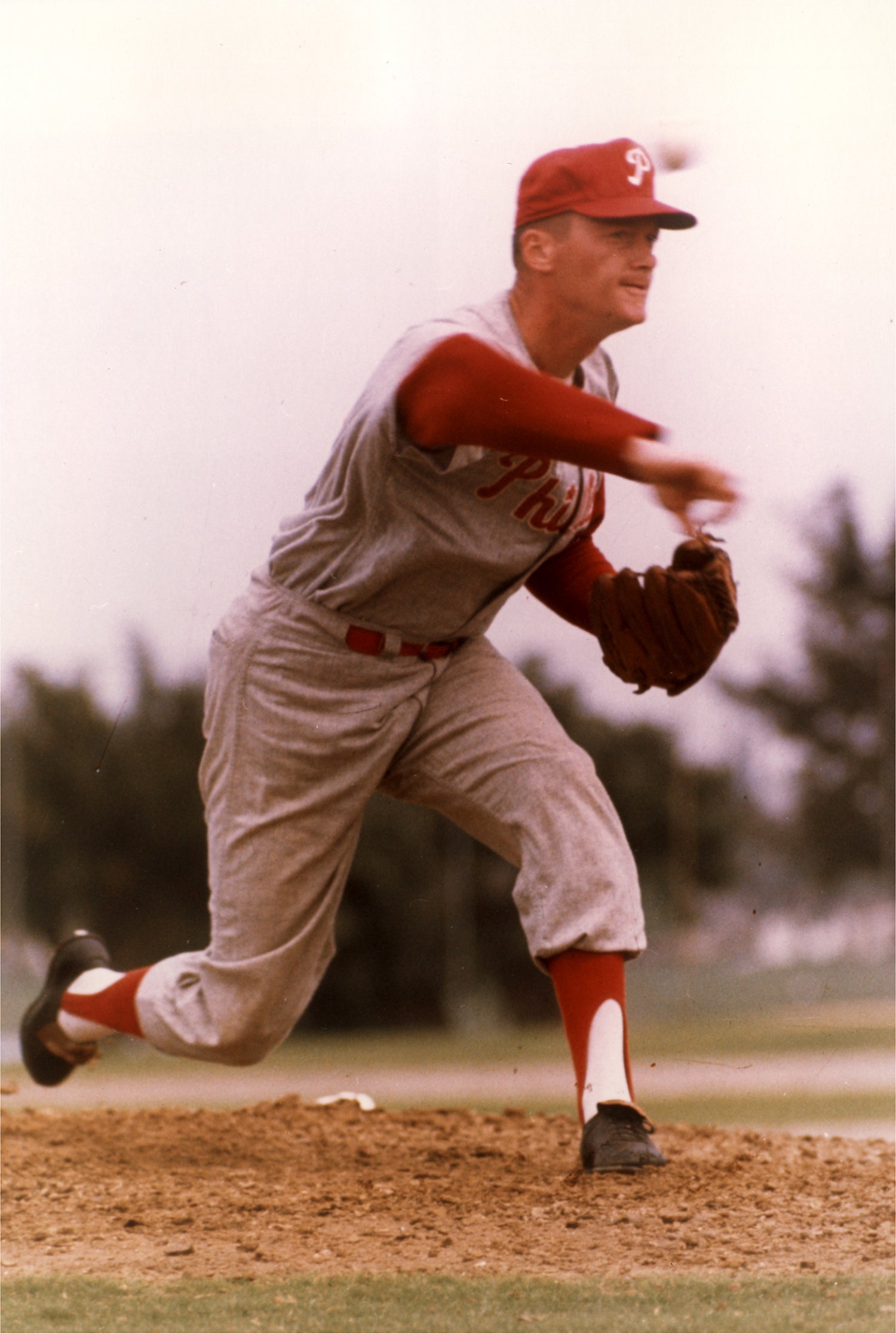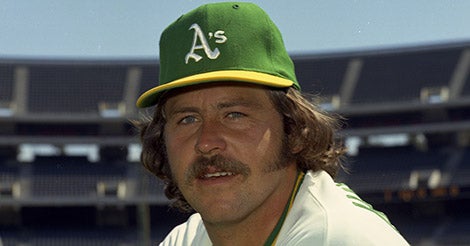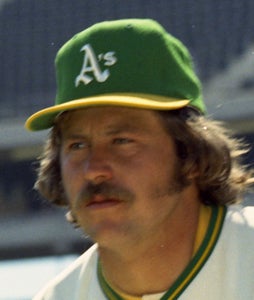- Home
- Our Stories
- Hunter authors rare perfect game
Hunter authors rare perfect game
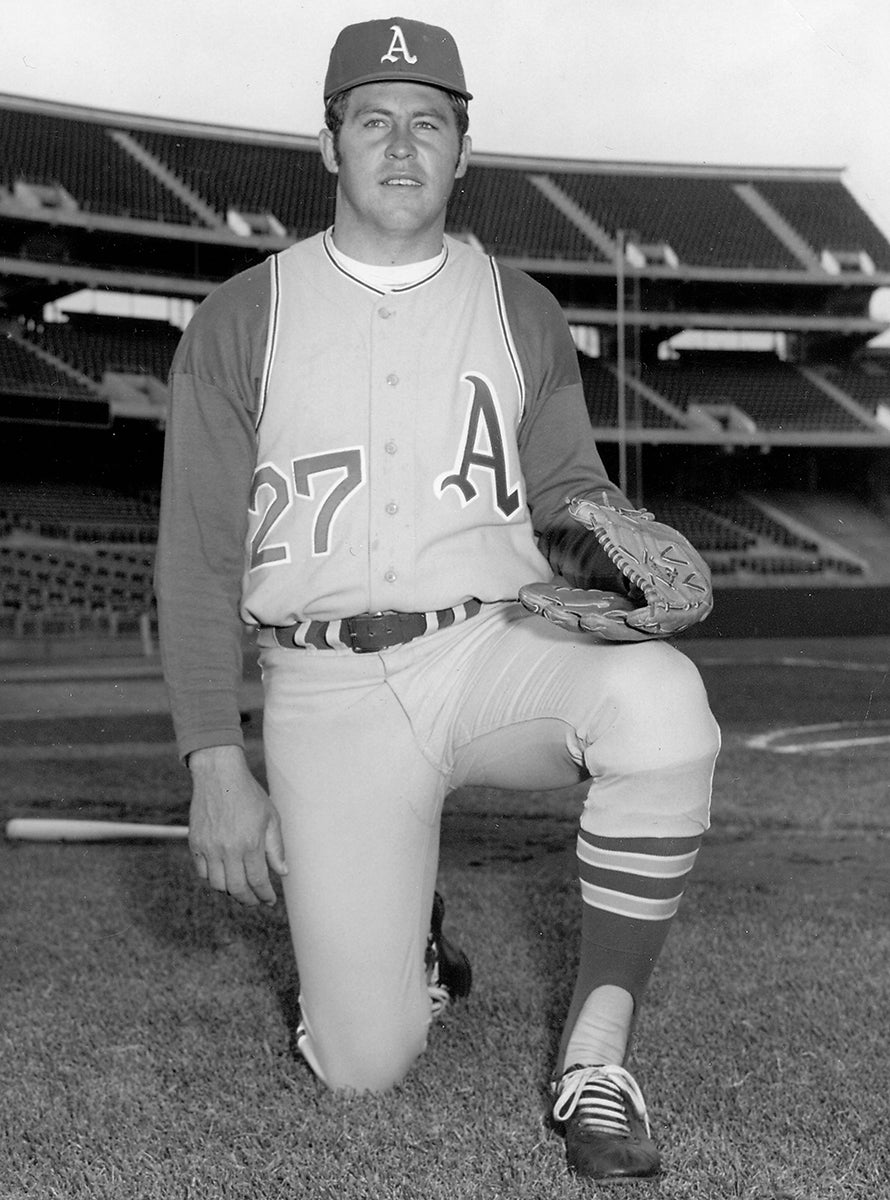
On May 8, 1968, Catfish Hunter would achieve a feat accomplished by few pitchers – perfection.
Hunter, debuting in 1965 after signing with the Kansas City Athletics the year before, would have a solid start to his major league career, being named an All-Star in 1966 and 1967. It was in 1968, however, when he cemented himself in baseball history.
Hunter would take the mound in a game at home against the Minnesota Twins, going into the contest with a 2-2 record. Racking up nine strikeouts over his first seven innings, Hunter kept the game scoreless until he drove in Rick Monday with a bunt single to give the Athletics the lead. This would be one of three runs he would drive in for the game as Hunter knocked in two more after another single in the bottom of the eighth.
Despite being on the brink of achieving such a significant feat, Hunter remained calm and collected throughout the game, even joking to his teammates about his stellar performance.
“It’s the middle of the seventh inning and I’m sitting at one end of the dugout and Catfish is at the other and all of a sudden, he yells to me, ‘We got a no-no going. That ought to give ‘em something to think about,’” catcher Jim Pagliaroni told Sports Illustrated. “Everybody laughed and that broke the ice.”
In the final inning, Hunter would retire John Roseboro and Bruce Look, leaving only Rich Reese as the final batter. Reese worked the count to 3-and-2 but Hunter would strike him out looking, securing a perfect game and a spot in baseball history.
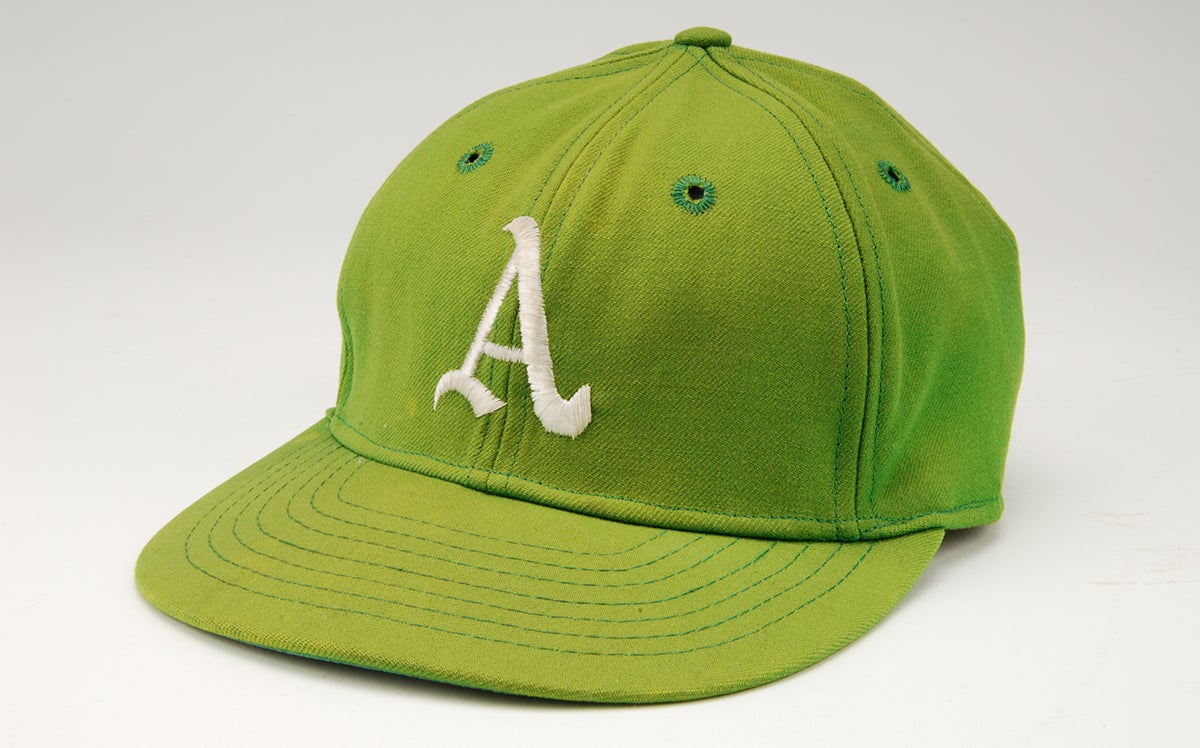
At the time, it was the first perfect game in the American League in more than 46 years and would be the last one thrown in MLB for 13 seasons, with Len Barker of Cleveland being the next player to accomplish the feat in 1981.
Hunter would go on to have a superb career for the Athletics, being named an All-Star four more times and finishing top five in the Cy Young Award vote three times, winning the award in 1974. The team would retire his No. 27 in 1991.
Hunter was elected to the Baseball Hall of Fame by the Baseball Writers’ Association of America in 1987. He passed away at the age of 53 in 1999 due to complications from Lou Gehrig’s Disease (ALS).
Aidan Shephard was an intern in the Jim Murray Sports Communications Scholars Program at the National Baseball Hall of Fame and Museum

